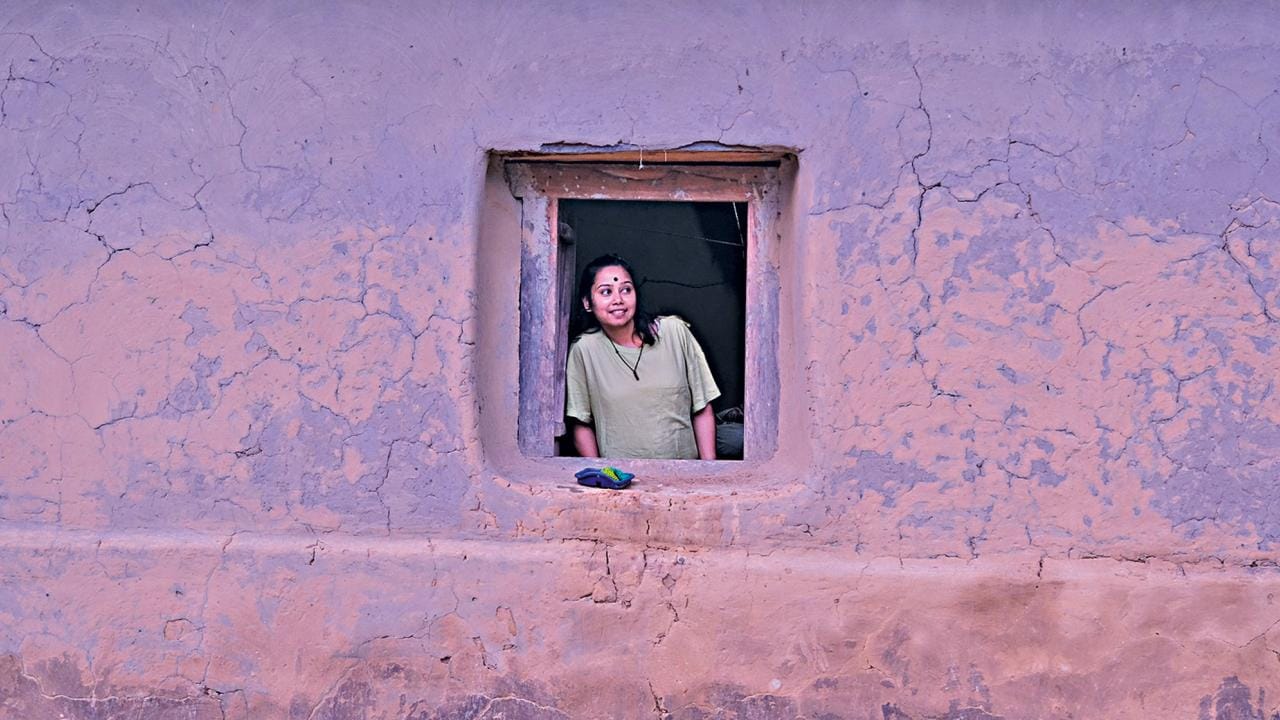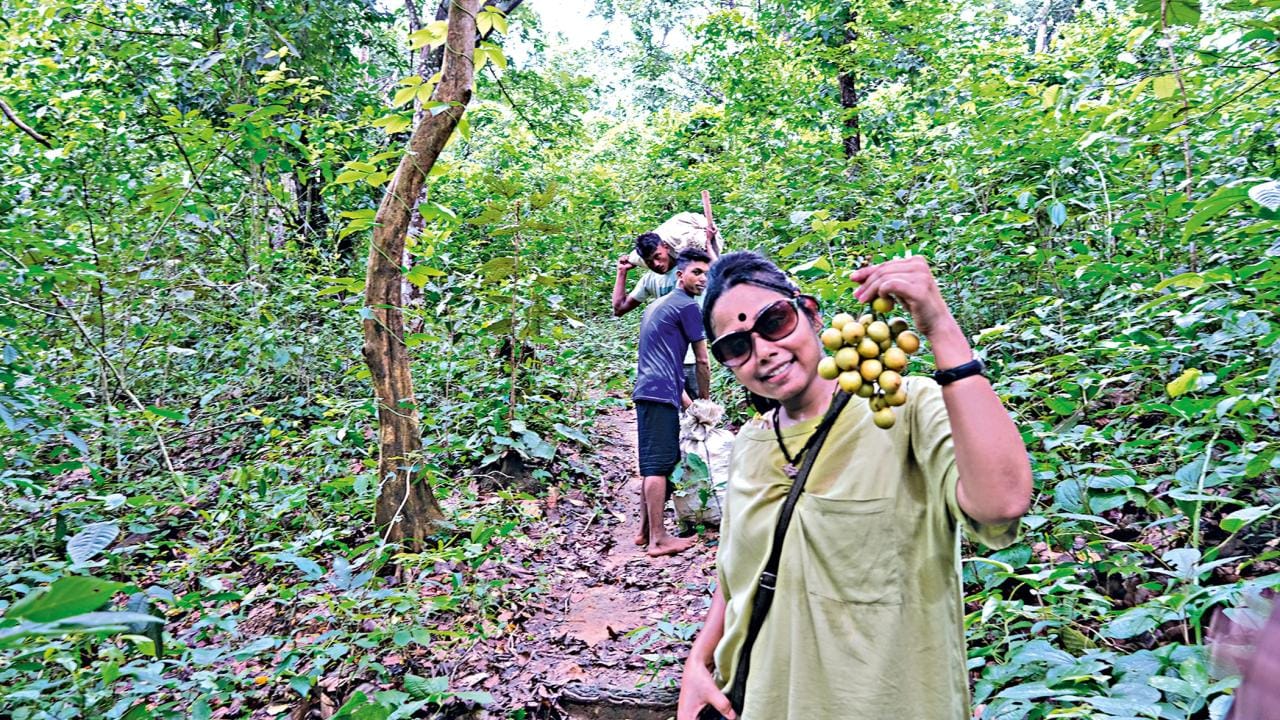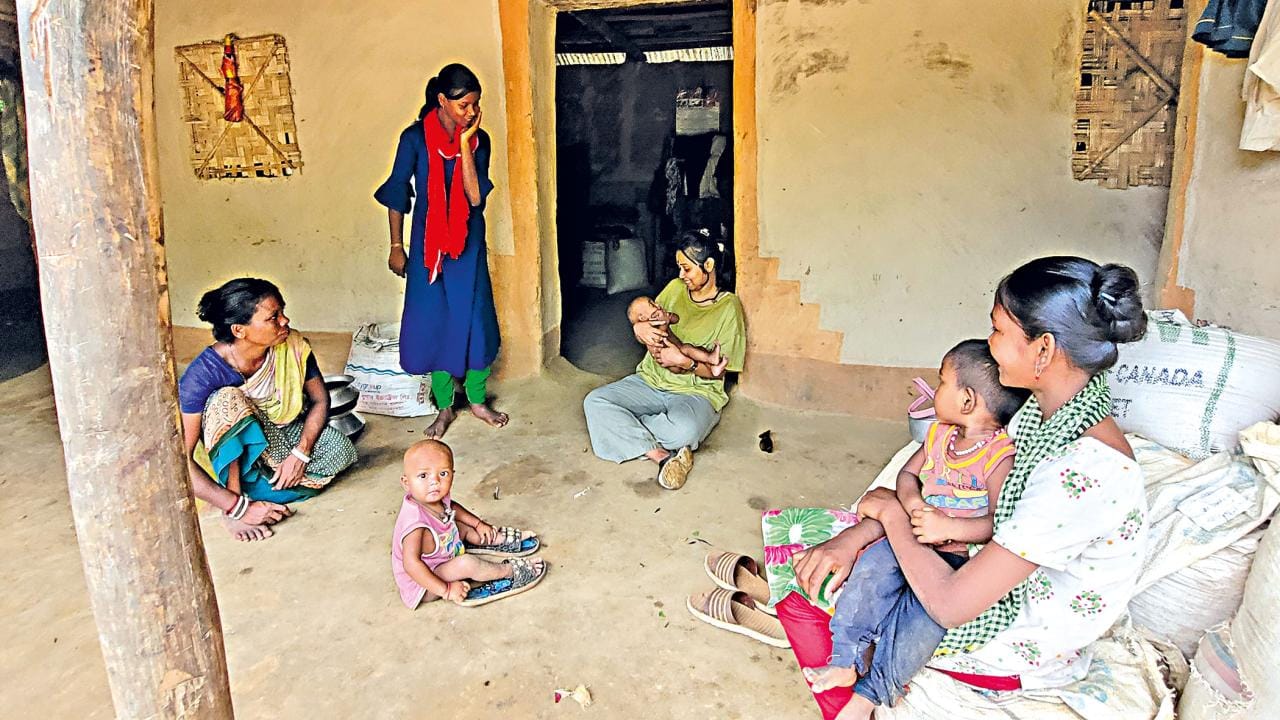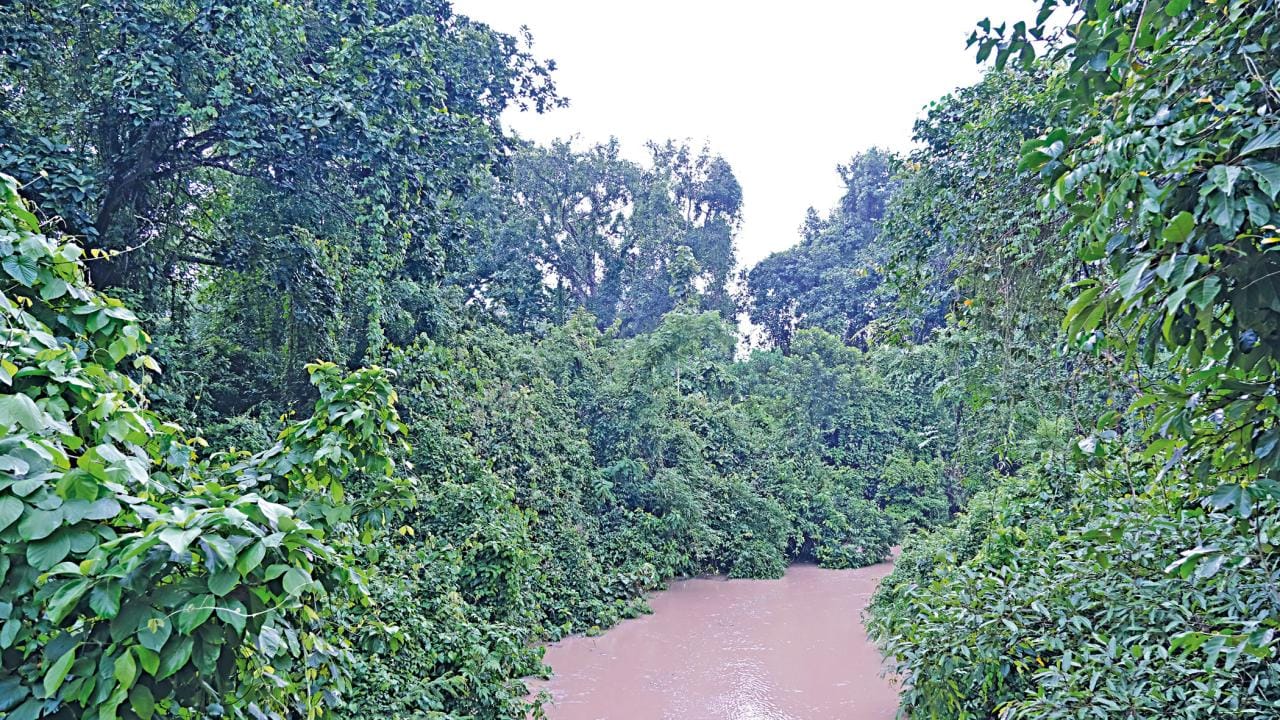Rema-kalenga wildlife forest: A sanctuary of souls
Recently, I went on a trip to the Rema-Kalenga Wildlife Sanctuary: a hidden gem often overlooked even by seasoned travellers. This is the story of my solo trip there.
You might have heard of this forest, but you might not have visited it. However, upon returning from my recent trip, I found solace in the fact that this might be a good thing. If more people were aware, the forest's beauty and biodiversity could have been at risk.
I haven't seen any plastic debris during my stay in the country's second-largest wildlife sanctuary, thanks to a limited number of tourists.
My visit was during the last monsoon, on the second day of the Bengali month Ashar. I stayed at the forest resthouse there. It was small and beautiful, with a three-room tin-shaded one-storey cottage, surrounded by century-old trees.
The rustle of trees and the singing of birds filled the air.
I was the sole guest there.
Just as the caretaker of the resthouse served the pre-ordered lunch, the forest ranger paid a visit to assure me of my safety during my overnight stay. However, he informed me that the region had been without power for the last two days, and there was no clear indication of its restoration. The solar lights, he cautioned, might not last through the evening. Although candles would be available, he recommended considering an earlier bedtime.

I couldn't figure out how to take those suggestions, but I had the feeling that the trip was going to be memorable.
After the ranger left, lunch -- a homemade affair of dal, rice, deshi chicken curry, and mixed vegetables -- arrived just as nature prepared its own unique greeting.
The sky swiftly darkened, and thunderclouds discharged lightning with resounding roars. It struck me how those confined to city life miss out on feeling the pulse of nature. The thunder was so intense that it felt as if the house itself was vibrating. Then the rain descended as if the sky had opened its floodgate. The downpour cast doubt on my forest trek plans for the next day. Yet, having escaped the chaos of Dhaka -- the traffic, noise, and pollution -- earlier that morning, I felt at ease.
I found tranquillity in the rain's rhythmic embrace. Nature, in all its raw glory, granted me respite.
The rain tempted me to step out into the yard and dance, but frequent lightning strikes forced me to stay put. So, I sat silently on the veranda and watched the most amazing downpour in my life.
It ceased to rain after a while. I took a walk on the nearby wet but not slippery, sandy path, which was blocked at places by uprooted large trees by the recent storm.
Alone in the rain-soaked forest at silent twilight, I transcended to another realm.
It was almost dark when I returned to the resthouse just before sunset. Before the cloak of night descended on the forest, the silence was deafening.
Then a night came into my life like no other.

Opting to forego the artificial light of the solar lamp, I experienced the darkest night of my life, letting the soundscape of the forest lull me into a serene calm.
The enchanting symphony of grasshoppers' cadence, the whispering of wind blowing through the forest, the rustling sound of tree branches, and the mysterious songs of unknown birds made the darkness, which could have been frightening, quite comforting and reassuring.
Nature has its own way of pacifying the trembling heart of a lone woman.
While resting on the verandah as I had the earliest dinner I ever had in my life, I went to bed with the cacophony of nature in the background.
The following morning, my forest odyssey began with an unusual wake-up call—a peculiar sound echoing near my bed. It was scary, to say the least. The initial panic gave way to relief as the guard nonchalantly identified it as the calls of geckos, known locally as 'Takkhak.'

After breakfast, brimming with anticipation, I prepared for a trek into the heart of the forest. My guide came in time. He informed me that the longest trek in the forest is said to be a three-and-a-half-hour walk.
As the trek began from the resthouse, it already promised to be an epic journey amidst the untamed beauty of this hidden sanctuary.
Descending from the hilly top was a winding path, where I encountered indigenous boys and girls on their way to school. They were walking barefoot, holding books close to their chests, and engaging in casual chitchat. Their faces reflected the simplicity of their lifestyle and surroundings.
A bit further on the bumpy, sloppy hillside, vines, bushes, and unfamiliar trees lined both sides.
The journey led me to a lake. The water body, being constantly fed by monsoon water, offered not only visual delight but also had a soothing effect on me. The aroma of ripened Chapkathal there tempted my taste buds.
I really wanted to taste those delicacies, but I couldn't as it was hard to climb up the slippery trees. But in the trees, I saw monkeys having their feast. I said in my mind: Eat in peace; you are among the other owners of the forests; we are the intruders; we should not be here.
Turning towards another path, we encountered fallen trees blocking the way. In the dense forest, the rustling of leaves and singing of birds, including Tia, Bou Katha Kao, Maina, and Sepahi Bulbul, created a mesmerising symphony. I paused, capturing the magical moments through pictures and recordings, feeling a profound connection to the surroundings.
Then we came across a canal with knee-high water. But the problem was leeches. I had already been bitten twice, and I was not willing to take any more chances. And I did not want to go back either. The guide provided the solution to my dilemma. He offered to carry me on his shoulder to the other side of the stream. I dared to agree. Later, I realized I could have missed the densest part of the forest had I not taken that decision.
The other side was a treasure trove!

A rustling sound made by humans startled me. I have heard about forest bandits in storybooks. The guide laughed when I told him about my fears. He said the locals had come to gather wild 'latkons', a type of berry. Two of them approached us and gave us a bunch of latkons to eat. Those were welcome gifts, considering how hungry we were.
But then it started to rain again. And it quickly turned into a downpour. Completely soaked we came across a relatively large canal. And this time, the guide couldn't help me as it was deep. The only way to cross it was on a fallen tree trunk across the stream.
We must walk through that slippery tree trunk without any support!
It was like crossing a single bar in the circus. I still can't believe I did that. But I can clearly remember the joy I felt after crossing it. That time, that situation, and that moment. You have to do it yourself to feel it.
One of the highlights of the trip was meeting the indigenous inhabitants of the forest, the 'Adivasis'. I was fortunate to have some time with an Oraon family living there for generations.
As the sky darkened, we faced another canal. This one was the largest, and fortunately, there was a bamboo bridge to cross it.
The place was so inviting for a nap that I forgot the dangers. The sun was setting, and another downpour was imminent. If I rate the calmest and most soothing time of my life, I can undoubtedly name those 30 minutes around that bamboo bridge. I felt cleansed after the experience.
As the rain intensified with strong winds and thunderstorms, the guide warned of the dangers in the forest during a storm. The reminder was timely, as I almost lost count of time.
Drenched but enriched, we returned to the resthouse, marking the end of my transformative journey through the Kalenga forest.
Even back in the city, much of me remained in those serene woods, and I returned a changed person.
Photo: Haimanti Shukla




 For all latest news, follow The Daily Star's Google News channel.
For all latest news, follow The Daily Star's Google News channel.
Comments